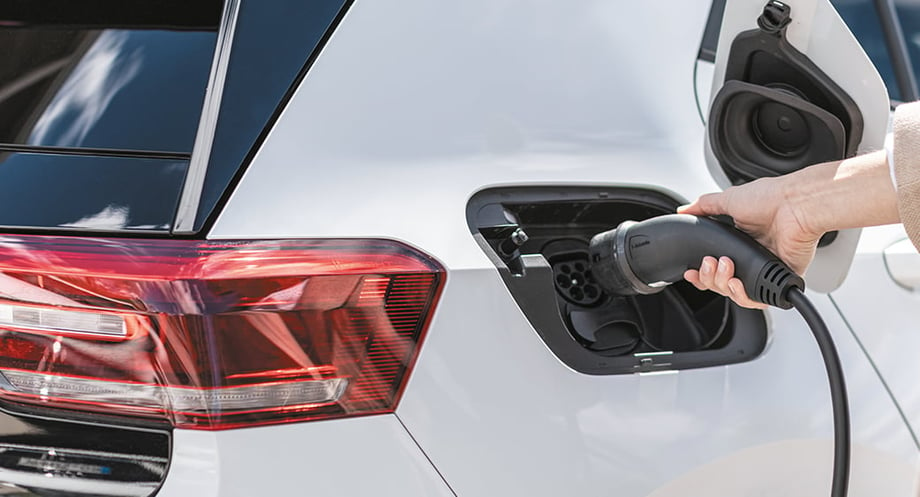
The EV Charging Action Plan is designed to reduce vehicle emissions by implementing sustainable infrastructure across the country to support the influx of new EVs on the road
As extreme weather conditions around the world continue to rise in prominence, there is one thing on everyone’s mind: What can we do to slow it down? The climate is in desperate need of aggressive action plans to help reverse or slow down changes in the atmosphere.
In response, the Biden administration released its initial plan for reducing America’s contribution to climate change in August 2021 and finalized the plan in December. This article will explore what the plan is and what it will mean for the near future of EVs.
The plan Bipartisan Infrastructure Law Investments
As part of the Bipartisan Infrastructure Law Investments, the Biden administration plans on ensuring that at least 50% of all new car sales involve “zero-emissions vehicles, including battery-electric, plug-in hybrid electric, or fuel cell electric vehicles” by 2030. The goal is to cut emissions fueled by vehicles by two billion metric tons of carbon pollution by that time.
Not only will the money invested in the program help to support car manufacturers, but it will encourage the American domestic supply chain and thus the workforce in the industry will grow as well.
The administration believes that by bolstering sustainability, the plan can make car manufacturers and city planners feel more incentivized to take action themselves.
The EV Charging Action Plan
The EV Charging Action Plan set in December is designed to reduce vehicle emissions by implementing sustainable infrastructure across the country to support the influx of new EVs on the road.
To directly respond to the charging deserts around America where citizens who want to buy EVs are discouraged by the lack of convenient availability of charging stations, the plan’s “initial focus will be building a convenient, reliable public charging network that can build public confidence, with a focus on filling gaps in rural, disadvantaged, and hard-to-reach locations.”
Stakeholders from large vehicle manufacturers and related organizations are already on board with the plan, including:
- Ford
- General Motors
- Stellantis
- United Auto Workers (UAW)
The plan also addresses making the batteries that fuel electric vehicles more sustainable as well. The strategy will accomplish this point through checking the sustainability of the batteries themselves — such as by making sure they are reliable and long-lasting — and also ensuring the minerals that the batteries are constructed of are ethically and sustainably mined.
After each battery is constructed, Federal agencies will review the batteries and make recommendations for “supporting sustainable and responsible domestic mining and processing of key battery minerals, such as lithium, cobalt and nickel, and ensuring new domestic automotive battery production adheres to high-road labor standards.”
Where minerals, like lithium, are not readily available, the Biden administration is funding to expand sourcing of those minerals. One such effort involves working with the renewable energy company, Redwood Materials, to source lithium from recycled materials.
Finally, the administration is providing funding of $200 million to ensure the batteries made are recyclable and another $60 million of funding toward mineral research and development, as well as demonstration recycling projects.
The future for EVs will likely be brighter with these new laws. With more EV options to choose from at the dealership and greater charging accessibility when on the road, EV shoppers will feel more comfortable making the switch from gas-powered to electric.
To better plan for your next EV contact a Webasto professional today.

